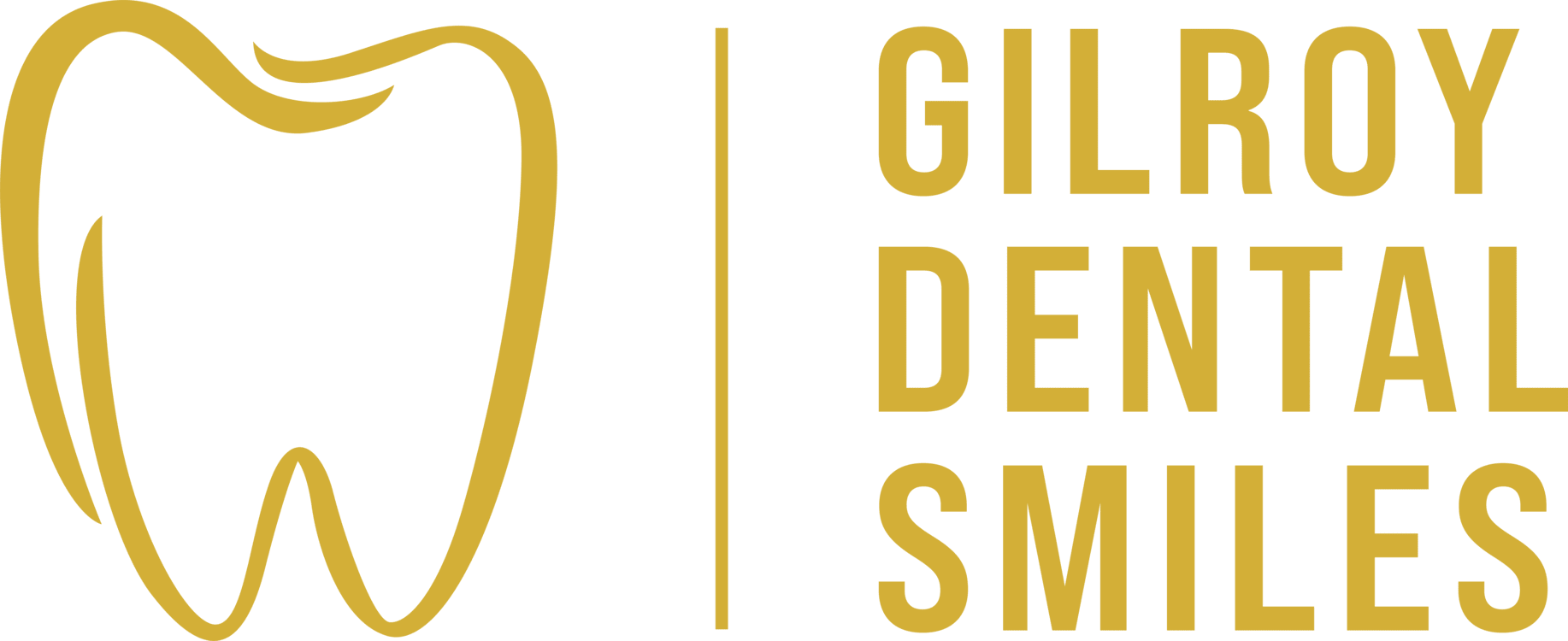Sleep Apnea
Snoring
Snoring occurs when the airway becomes partially blocked during sleep, causing soft tissues in the back of the throat to vibrate. This condition affects many people, including 24% of women, 40% of men, and 10% of children. Common causes include a narrow airway, thick or soft palate, large tonsils, sleeping position, obesity, nasal congestion, alcohol or tobacco use, pregnancy, or family history. In children, missing teeth can alter the shape of oral tissues, contributing to airway obstruction.
Snoring can lead to fatigue, dryness in the mouth, bad breath, bacterial buildup, tooth decay, and even infections. If you experience persistent snoring and daytime tiredness or fatigue, it may indicate insufficient oxygen during sleep. Contact our office immediately if these symptoms arise, as snoring can affect both oral and overall health.
Sleep Apnea
Sleep apnea, specifically obstructive sleep apnea, occurs when the upper airway becomes blocked during sleep. This causes shallow or interrupted breathing, which can lead to reduced oxygen levels, uneven heart rhythms, and disrupted sleep patterns. Warning signs include loud snoring, gasping for air, morning headaches, dry mouth, fatigue, memory lapses, and difficulty concentrating. In severe cases, sleep apnea can cause high blood pressure, GERD, or behavioral issues.
Left untreated, sleep apnea can significantly impact overall health and quality of life. If you experience symptoms such as nighttime gasping, choking, or waking multiple times, speak with us during your next dental appointment. Early detection is critical in addressing this condition and protecting your health.
Anti-Snoring Mouth Pieces
Snoring is the sound that projects from our mouth when we are asleep. This occurs when there is resistance in the airway caused by a flap in the back of the throat. Although many believe that snoring occurs from the nose, it actually begins behind the tongue. This is due to our muscles relaxing during sleep. As we sleep, our airway gets smaller, which causes our throat to vibrate due to a lack of space, which is what makes the snoring sound.
Snoring can occur for more serious reasons though, and one such reason is sleep apnea. Sleep apnea is when our breathing takes multiple breaks during the sleep cycle. If your child is suffering from sleep apnea, there is a high chance they snore as well. To stop snoring from occurring, there are snoring devices your child can use. A snoring device brings the jaw forward so the tissues in the throat do not vibrate and press against one another. A snoring mouthpiece helps open the airway, which reduces the resistance and relaxes the muscles. The three most popular snoring mouthpieces are the mandibular advancement device (MAD), tongue stabilizing devices, and snoring chin straps.
- The mandibular advancement device opens the airway through two pieces that look like retainers. These retainers are attached to ensure your child's mouth stays open for proper airflow.
- A tongue stabilizing device is used to isolate the tongue by bringing it forward and creating a wide gap between the tongue and throat. This helps ease the vibrations that occur when sleeping.
- A snoring chin strap is a device that is not used as common due to the discomfort it may cause. This device wraps around the head to keep the mouth from opening; however, it has not been as effective as its counterparts.
It is important to note that while every parent wants their child to stop snoring, some methods to stop snoring can only be used after the development stage of your child's jaw has stopped, typically around age 16. Regardless of your child's age though, contact our office if you suspect your child may suffer from snoring or sleep apnea.
GILROY DENTAL SMILES
Schedule Your Visit Today for a Healthier Smile!
Experience gentle, expert dental care in a welcoming environment.!
GILROY DENTAL SMILES
SCHEDULE YOUR VISIT TODAY FOR A HEALTHIER SMILE!
Experience gentle, expert dental care in a welcoming environment.
All Rights Reserved | Gilroy Dental Smiles
All Rights Reserved | Gilroy Dental Smiles
Dental Website Designed and Powered by Dr. Marketing

